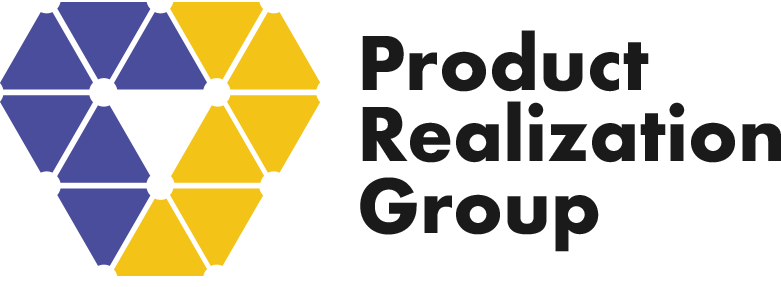Below is an edited transcript.
Audience Question #3:
What should we do right now when we actually have a proven new technology, wireless charging technology, but it does not work in existing standards? So we need to have another kind of receiver to use our technology.
Jessica Ching, CMO at Product Realization Group:
Basically, his company has a product that they’ve validated.The product works, but now they need to find how to get to market. I believe that’s the essence of the question.
Martin Lynch, COO at FreeWire:
I think what you’re saying is your product is doing something different than the way it’s normally been done from a charging perspective. So, you’re what we call the innovator. You’re going to a go and shake up the whole market and do things differently. That’s a tough one. Look, people that want to fund you, venture capitalists–lessor so angels– are trying to pick the market winner. You’re changing the market because you’re doing things differently. That’s a tough one for them to deal with because you’re trying to say, “Well, I did things differently, and I know more than others.” It is not to say that you don’t or you do. It’s a great thing, but It’s a tough pick.
Funding should really start with friends, families and angels. Do what you can to start marketing the idea without giving away your IP to various technology experts and connections. I think the best avenue to get started is to try and get friends, families and angels to put something in through demonstrating the technology.
VCs are tough because they don’t like change, right? Because you’re pitching that, “I know how to do things better than others.” But there are millions that have done that. It’s exciting to do something innovative, but it’s tough to sell the idea.
Jay Feldis, Sr. TPM at Product Realization Group:
To a degree, inertia in the existing market is huge. You could have a way better product, but if there are billions of other ones out there already that are good enough, it’s really, really hard to take the other guy out.
I guess one thing I would consider is whether there a niche market. Is there a vertical market with a real need for what you have that maybe isn’t being well enough filled by an existing type of product? Maybe they’re willing to, at the very least, buy your product, if not fund you? Or certainly, buy it if you made it. Then maybe focus on trying to get that launch to market first. The work is certainly on the market and valuation side. Who are you going to sell to? Who really needs to buy it? Tailor your exact product plan to meet their needs, and get yourself going to market somehow. Then figure out how you’re gonna expand.
Martin:
I want to make sure that I encourage you because innovators have made extreme changes to our economy and our systems.
One of my favorite stories is the iPod. Apple did not invent the iPod, contrary to popular belief. It was marketed by Tony Fadell, who did a system integration of it. A lot of guys turned him down, but Steve Jobs didn’t. The rest is history. So, try to make industry contacts and go pitch. Go try and get in front of key people, and keep pitching it until somebody grabs onto it.
Audience Question #4:
What role do patents play in your world? You mentioned that you’re more of an integrator. So there’s a bunch of individual patents out there that control the pieces of it, and you assemble those together. But tell me about that because you also raised funding too, and generally patents are an important aspect of outside funding, especially as you look to go to the venture world.
Martin:
Patents are extremely important. IP is very, very important. We are a system integrator, and system integrators typically are weak on IP. You’ve go to go and make sure that whatever you’re doing has enough differentiation in it, so that you can apply some patent technology around it to protect yourself.
There are ways to get around anyone’s IP, so do things differently, and find a way to get traction with your product. There really is. IP is important but I wouldn’t get too wrapped around it.
We have filed some IP– not as many as others but we have filed some IP. We’re at the point when EV charging in particular is a market that has finally found it’s time and it’s route.
When you do a start up, there are three types of risk. There’s market risk, there’s innovation risk and there’s execution risk. We are beyond market risk, so check. Technology risk– we’re a system integrator; we do need to move up the food chain. There’s additional IP that we need to go place. By the way, a lot of our future IP is going to be placed around software. A big piece of any good hardware product is building in features and systems around software that get you to provide more value to your customers.
But, we’re limited by execution risk. I love IP, but we’ve got to get things done, and that’s the job of execution.
So, yes, IP is important, but I wouldn’t get too wrapped up around it. It’ll be the first question your investors ask. What’s your IP, right? I’ve got this, I’ve got this, or I don’t have that. And some will love it, and some won’t love it. It depends on where you are and what kind of market you’re trying to do, where your technology risk is, and what your market risk is.
But I wouldn’t get so off the beaten path on IP that you feel like you’re discouraged from doing what you can do, if you feel like you can do it better than others. I wouldn’t let IP be a stumbling block.


